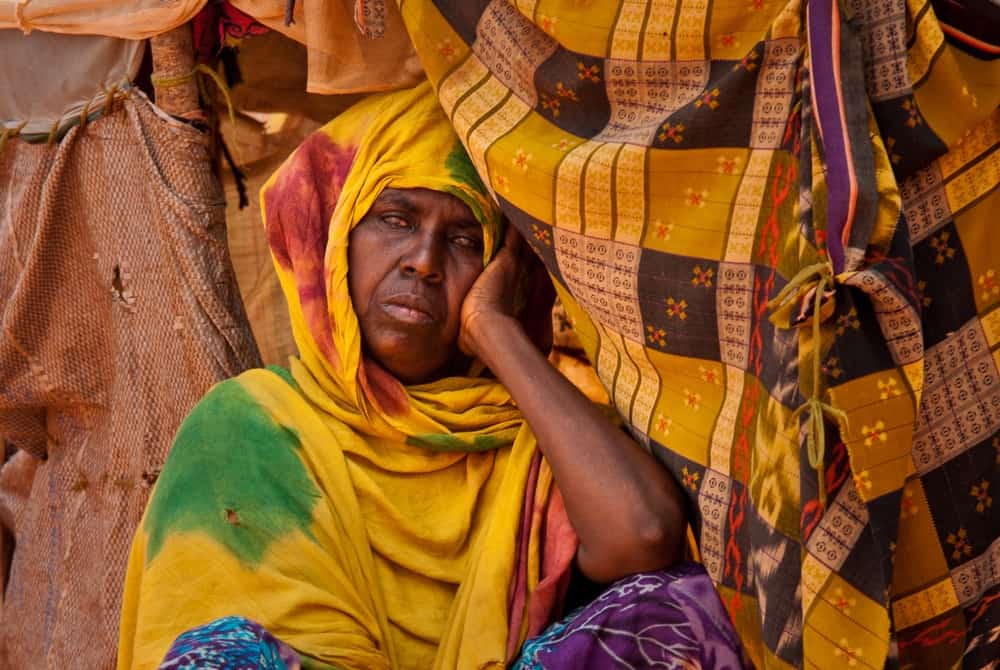Médecins Sans Frontières (MSF) /Doctors Without Borders works in areas of Africa, the Americas, Asia and Europe providing urgently needed medical aid to people who have little or no access to healthcare. Frequently, one of the following four situations has led to MSF’s involvement:
 Somalia’s humanitarian crisis continues to be one of the worst in the world. © MSF/Peter Casaer
Somalia’s humanitarian crisis continues to be one of the worst in the world. © MSF/Peter Casaer
Wars and conflicts
When conflicts erupt, MSF immediately sends teams of surgeons, anesthetists, operating room nurses and logisticians into the field with the necessary equipment to establish operating rooms and clinics, provide basic public hygiene assistance and begin training local medical and support staff. In cases of prolonged conflict, the team may provide primary care, nutrition services, and epidemic control to local people and others displaced by the fighting. Projects in conflict zones are complex and are often complicated by security problems and very basic living conditions.
Refugees and displaced people
The last 30 years have seen an explosion in the world’s refugee population – from two million in the early 1970s to more than 43 million refugees and displaced persons today. These people have been forced to flee their homes due to armed conflicts and food emergencies. Many are now destitute and dependent on the care of the international community. MSF works with other nongovernmental organizations, local health authorities, and the United Nations High Commissioner for Refugees in refugee camps to provide primary healthcare, epidemic control, immunizations, nutrition, clean water and effective sanitation systems.
Disasters
Speed is critical to successful intervention following a disaster. MSF has tested and stored pre-packaged medical and technical kits in its warehouses and is able to immediately dispatch them to devastated areas. At the disaster site, MSF treats and distributes clean drinking water and provides medicine and medical supplies. If necessary, experienced water and sanitation engineers and logisticians are sent to provide technical assistance.
Long-term assistance
In countries with collapsed or insufficient healthcare systems, MSF works with the local authorities, generally through the Ministry of Health, to rehabilitate hospitals and dispensaries, establish rural clinics, vaccination and drug management programs, and train local staff. In these situations, MSF’s goal is to help build a stable and self-sufficient local healthcare structure






